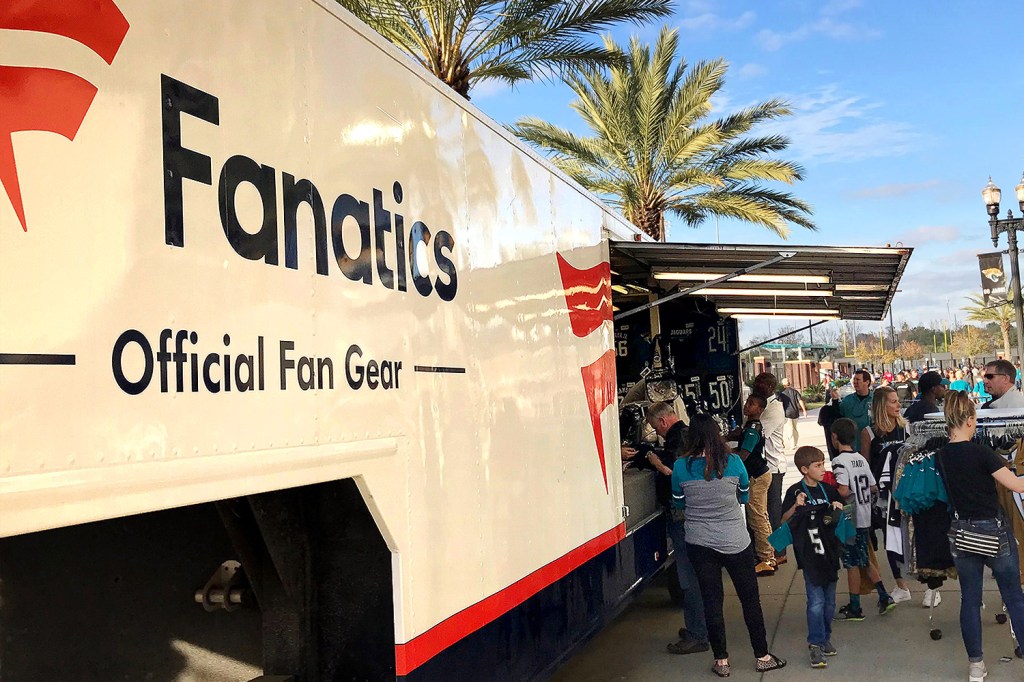Two Titans Teaming Up
On Wednesday, e-commerce company Fanatics announced it would be raising another round of capital, with the NFL increasing its investment.
The NFL led the financing with a $320 million investment. The NFLPA, MLB, MLBPA, and NHL also increased their equity in the round, which valued the e-commerce giant at $27 billion.
Fanatics is currently the world’s largest seller of licensed sports merchandise. Aside from its commerce business, Fanatics is quickly expanding into a multiplatform holding company with a handful of new verticals—including NFTs, trading cards, and sports betting. With the hype around the expanding verticals, commerce still reigns supreme.
While the recent capital raise received all the buzz, there was another deal that flew under the radar: At the end of March, Fanatics partnered with universal checkout company Bolt.
The company was founded in 2014 by Ryan Breslow and has been trying to carve out a niche in the online-payments space with what it calls a “one-click checkout service” for merchants. It has raised about $1.3 billion in venture capital, according to Crunchbase, and was valued at about $11 billion.
The partnership has implications for both companies. For Fanatics, decreasing cart abandonment, increasing total purchase volumes, and reducing friction for customers will likely lead to increased profitability. For Bolt, the partnership gives the company access to a massive customer base to add to its growing network of merchants.
The partnership could have more meaningful implications.
Payments Companies Powering E-Commerce
It turns out that payments companies are increasingly important in the commerce space.
McKinsey recently published its 2021 report on payments, highlighting the prevalence of e-commerce, particularly for small-and medium-sized businesses (“SMBs”).
The likes of Amazon Marketplace, eBay, Etsy, Walmart Marketplace, and Wayfair continue to capture a significant share of the SMBs and micro-businesses shifting to e-commerce. According to the report, 50%-70% of digital commerce will be conducted on these platforms by 2025.
As e-commerce continues to grow, payments solutions and a mechanism for reducing friction with online purchases will become increasingly important for merchants, regardless of scale.
Check out the full Heat Check here.
ICYMI: Last week, we published our March update highlighting One Big Thing on the footwear industry. You can access that report and our other research at Pro HQ.

